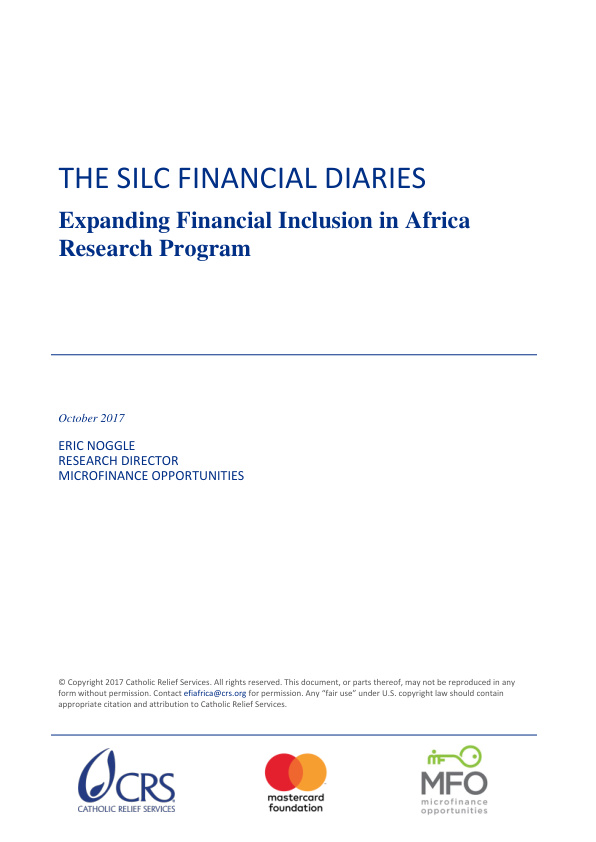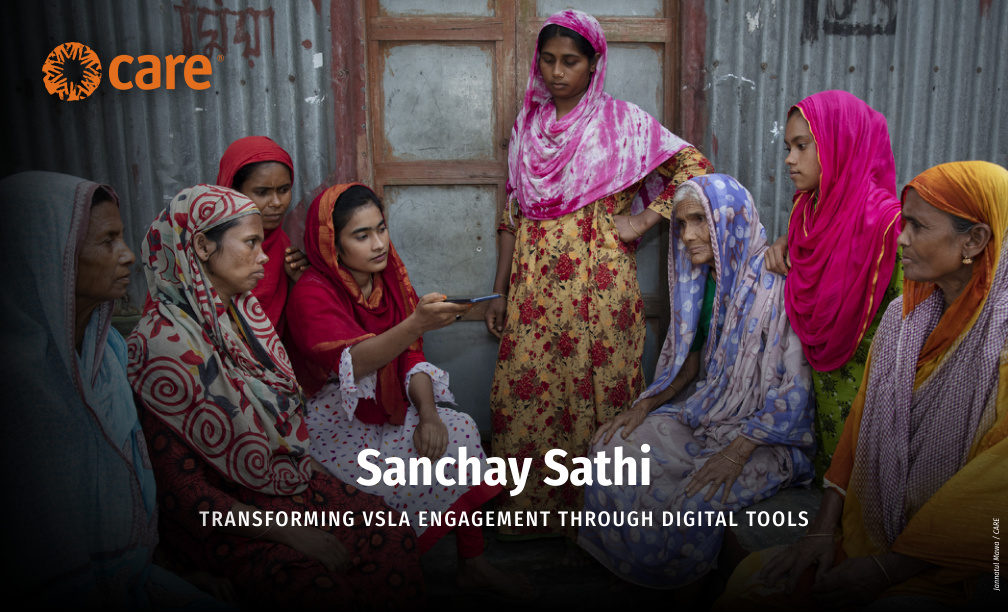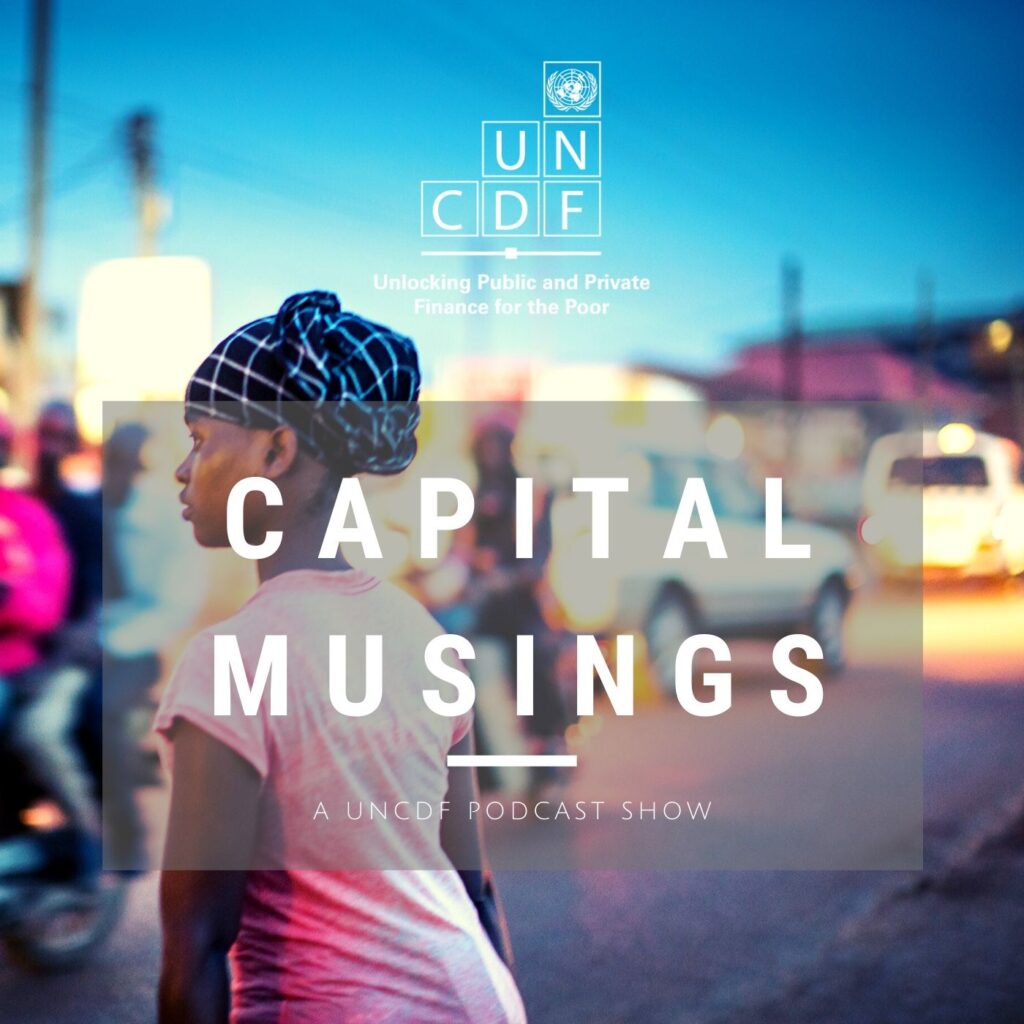This resource shares findings from a two-year financial diaries study conducted by Catholic Relief Services (CRS) and Microfinance Opportunities (MFO) in Zambia. Tracking 270 households—half participating in Savings and Internal Lending Communities (SILCs)—the study explores how SILC membership affects financial behavior, resilience, and well-being.
Key insights include:
- SILC households accessed larger lump sums through savings and loans, enabling more frequent investments in household assets, education, and business inputs.
- SILC services helped households smooth consumption during income shortfalls and windfalls, especially among poorer and female-led households.
- Women engaged more actively with SILC services, often supported by intra-household transfers from male partners.
- Despite increased financial activity, net incomes did not significantly grow, suggesting SILC tools improved timing and flexibility of spending rather than profitability.
The study highlights SILC’s role in improving household resilience and financial planning, while raising questions about long-term income growth and group performance—offering practical insights for savings group program design.




